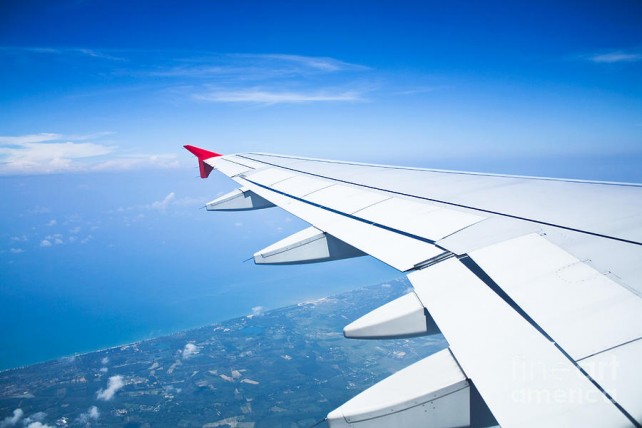As air travel continues to be a major contributor to carbon emissions, the concept of “guilt-free flying” has gained increasing attention. Guilt-free flying refers to the idea of flying without feeling guilty about its environmental impact. While air travel can be difficult to avoid, some studies have shown that there are some ways in which individual can minimize their flights’ carbon footprint.
One approach to guilt-free flying is to try to offset the carbon emissions generated by air travel, which may involve investing in projects that reduce or remove greenhouse gases from the atmosphere. Many ONGs and associations promote such activities, for example planting trees, supporting renewable energy projects, or investing in energy-efficient technology. By purchasing carbon offsets, individuals can balance out the carbon emissions generated by their flights.
Another approach to guilt-free flying is to choose airlines that prioritize sustainability. Many airlines are starting to reduce carbon emissions, invest in more fuel-efficient aircraft and introduce the use of more sustainable fuel types, reduce plastic and food waste, and introduce sustainable practices into their operations. As for the years 2022-2023, among the most eco-friendly airlines companies stand out Etihad, KLM Royal Dutch Airlines, Alaska Airlines, Cathay Pacific and Delta Airlines.
Some airlines have even committed to becoming carbon neutral in the near future, in order to reach UK’s “jet zero” strategy, which promises to “deliver net-zero aviation” by 2050. However, the Royal Society claimed it to be a too-far reaching goal.
Since flying is responsible for 2.4% of global greenhouse gas emissions and 8% of UK emissions, the Royal Society examined 4 options of greener fuels – such as biofuel made from corns and fuel made from hydrogen produced with green electricity – in the attempt to replace the 12.3m tonnes of jet fuel used annually in the UK.
However, the Royal Society couldn’t find any type of plausible sustainable replacement to traditional fuels, whether it was for the effects on UK’s other sectors or the unfitting of some kinds of fuels in the aviation field. Therefore, while the Royal Society encourages to start and promote more research into sustainable aviation fuels, as for now the “jet zero strategy” seems a too far away dream unlikely to be reached.









Show Comments